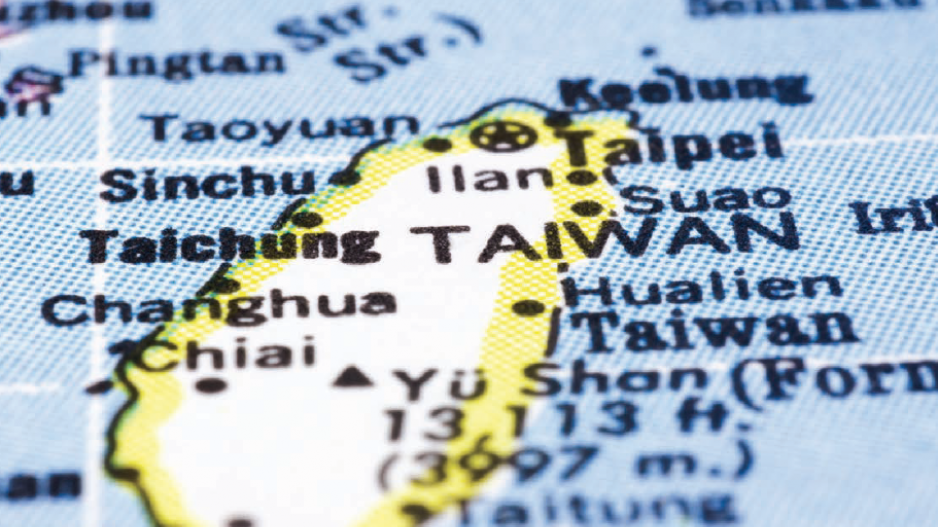For very many Taiwanese, the central issue of the January presidential and parliamentary elections was breaking out of the economic shackles tying them to China that had been imposed on the island nation by the previous government.
And so a large majority of the island’s 18 million voters took the revolutionary step of jettisoning the Kuomintang (KMT) that has, one way or another, controlled Taiwan’s political and administrative life since 1945, and elected a president and parliament from the opposition Democratic Progressive Party (DPP).
The election of accomplished diplomat, politician and administrator Tsai Ing-wen, 59, to the presidency and the winning of a clear majority in parliament, the Legislative Yuan, by her DPP followers set off alarm bells around the Pacific Rim. The DPP favours extending Taiwan’s de facto independence into internationally recognized de jure nationhood. But China claims to own the island of 23 million people and maintains the threat to invade if there are any moves by Taiwan to enhance its international status.
Tsai, however, has shown herself to be a safe pair of hands on the China territorial file. Not only is she an accomplished lawyer with a master’s degree from Cornell University and a PhD from the London School of Economics, she also had years of experience as a trade negotiator, national security adviser and China policy manager before moving into front-line politics. She says she wants only to keep the status quo in Taiwan’s political relationship with China and preserve the island’s independence. She will not goad Beijing.
The pressing task for her government will be to try to meet voter expectations by diversifying Taiwan’s economy and moving it away from China, which now takes 40% of the island’s exports. The outgoing KMT government of President Ma Ying-jeou attempted to boost Taiwan’s economy by seeking closer political and commercial ties with China. But in the view of many Taiwanese, especially the highly educated and skilled young, this only resulted in jobs disappearing to China and the island’s already wealthy industrialists getting even richer.
Disparity grew and there was little sign of trickle-down. Young Taiwanese occupied the parliament in 2014 and prevented passage of an extension to Ma’s trade liberalization with China.
Tsai says she wants Taiwan to build on its established strengths as one of the world’s most innovative technology-based economies. She has identified five strategic fields including Taiwan’s already dominant role in chip and circuit board design, as well as precision machinery and biotechnology.
She also wants Taiwan, the world’s 17th-largest economy, to join the Trans-Pacific Partnership (TPP). That’s an attractive option for Taiwan on a number of accounts. The 12 countries involved in the TPP agreement account for 35% of Taiwan’s total trade. That is clearly a strong base for expansion.
Another attraction of TPP is that China is not included. For decades Beijing has tried to exert political and economic control over Taiwan by using China’s commercial muscle to bully trade partners into excluding the island from free trade pacts. Not only does Beijing have no say over TPP membership, China’s economic future is looking highly uncertain and its power to coerce partners is shrinking.
The Beijing government has looked amateurish, to say the least, in its handling of the recent renminbi currency devaluation and the crash of the country’s stock markets. There appears to be little prospect that the Communist Party will enact the liberalization reforms the economy needs to move forward if it means weakening the party’s authority. Money is fleeing the country at a rate of at least US$350 billion a year. •
Jonathan Manthorpe ([email protected]) has been an international affairs columnist for nearly 40 years.




